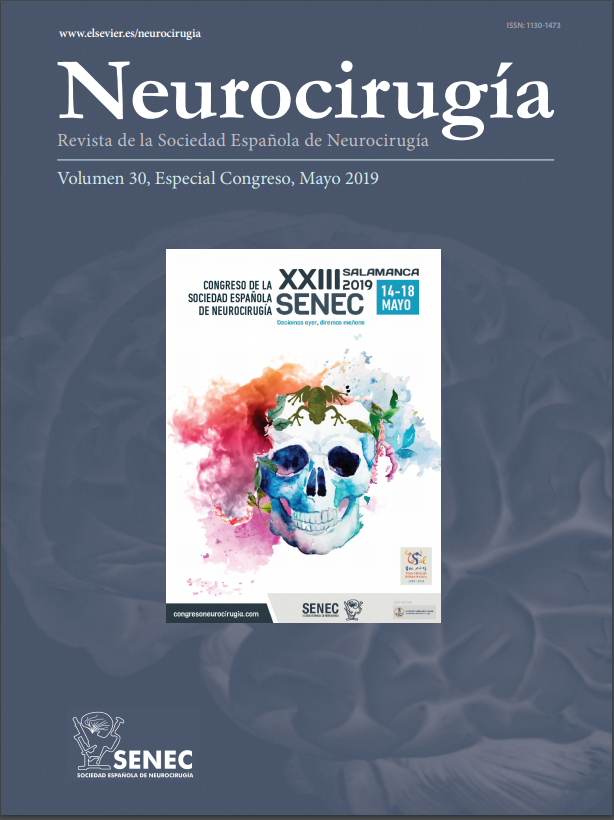C0062 - MICROSURGICAL ANATOMY OF THE INSULAR REGION, OPERCULOINSULAR ASSOCIATION FIBERS AND ITS NEUROSURGICAL APPLICATION REVIEW. PART 1
1Hospital Clínico Universitario de Valencia, Valencia, Spain. 2Hospital Universitario Marqués de Valdecilla, Santander, Spain. 3ICNE Sao Paulo. Hospital Beneficencia Portuguesa, Sao Paulo, Brazil.
Objectives: To analyze the three dimensional relationships of the operculoinsular compartments, using standard hemispheric dissection. Review of the anatomy of association fibers related to the operculoinsular compartments of the Sylvian fissure and the main white matter tracts located deep into the insula. The secondary aim of this study is to improve the knowledge of this complex region in order to safely address tumor, vascular and epilepsy lesions, by adding up an integrated point of view from the topographic and white matter fiber anatomy, using 2D and 3D photographs.
Methods: 14 cadaveric hemispheres were dissected. Nine were fixed with formalin and their arteries injected with red latex dye, the remaining five were prepared using the Kingler method and white fiber dissections performed.
Results: The insula is located entirely inside the Sylvian fissure. The topographic hemispheric anatomy, Sylvian fissure, opercula, surrounding sulci and gyri as well as the M2, M3 and M4 segments were identified. The anatomy of the insula, with its sulci and gyri and its limiting sulci were also identified and described. The main white matter fiber tracts of the operculoinsular compartments of the Sylvian fissure as well as the main association and commisural fibers located deep into the insula were dissected and demonstrated. In the first part of the study we would like to demonstrate de topographic anatomy of the insular region.
Conclusiones: Complementing topographic anatomy with detailed study of white matter fibers and their integration can help the neurosurgeon to safely approach lesions in the insular region, improving postoperative results in the microsurgical treatment of aneurysmal lesions, insular tumors or epilepsy surgery.







